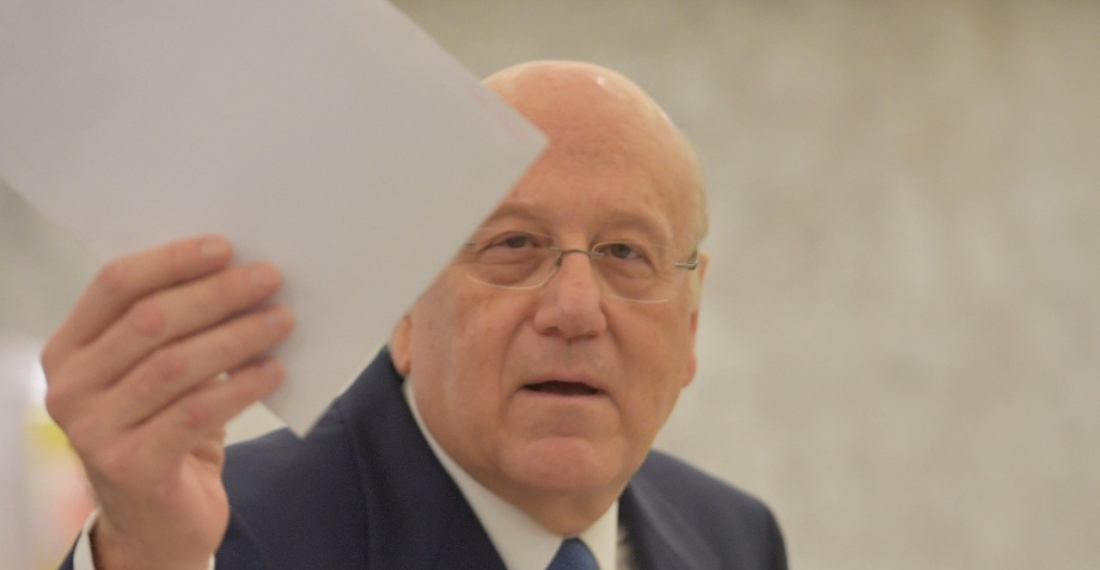After more than a year of political turmoil and instability, Lebanon finally has a government with Najib Mikati, a billionaire telecommunications tycoon, as the prime minister. The cabinet was announced by the Lebanese presidency on Twitter after the time of Friday prayers. The presidency added that Mikati agreed to make the government official by signing a decree in the presence of the parliament speaker, Nabih Berri at the Baabda presidential palace.
The immediate task of the government is to avert the economic collapse as the local currency, the Lebanese pound, has lost more than 90 percent of its value against the dollar. Most international promises of financial assistance is contingent upon reforms, fighting corruption and increasing transparency. It is not yet clear what steps Mikati and his cabinet will be taking to save Lebanon from the current chaos..
“The situation is very difficult. But it’s not impossible if we unite as Lebanese. We have to put our hands together,” Mikati told the press on Friday. “We are all going to work together, united with hope and determination.”
The lineup of the 24 member government includes newcomers such as Finance Minister Yousef Khalil, a senior Central Bank official, and Health Minister Firas Abiad, who came to prominence during the COVID-19 pandemic. Others are key figures well-known amongst the Lebanese society.
Mikati was the third person tasked with forming a government.
The Lebanese local media described the moment as dramatic comparing the sentiment to that of the Papal elections in the Vatican.
Source: commonspace.eu with New York Times (New York), Al Jazeera (Doha) and Annahar (Beirut).
Picture: Lebanon’s prime minister Najib Mikati at Baabda presidential palace on Friday afternoon; source: Annahar.






